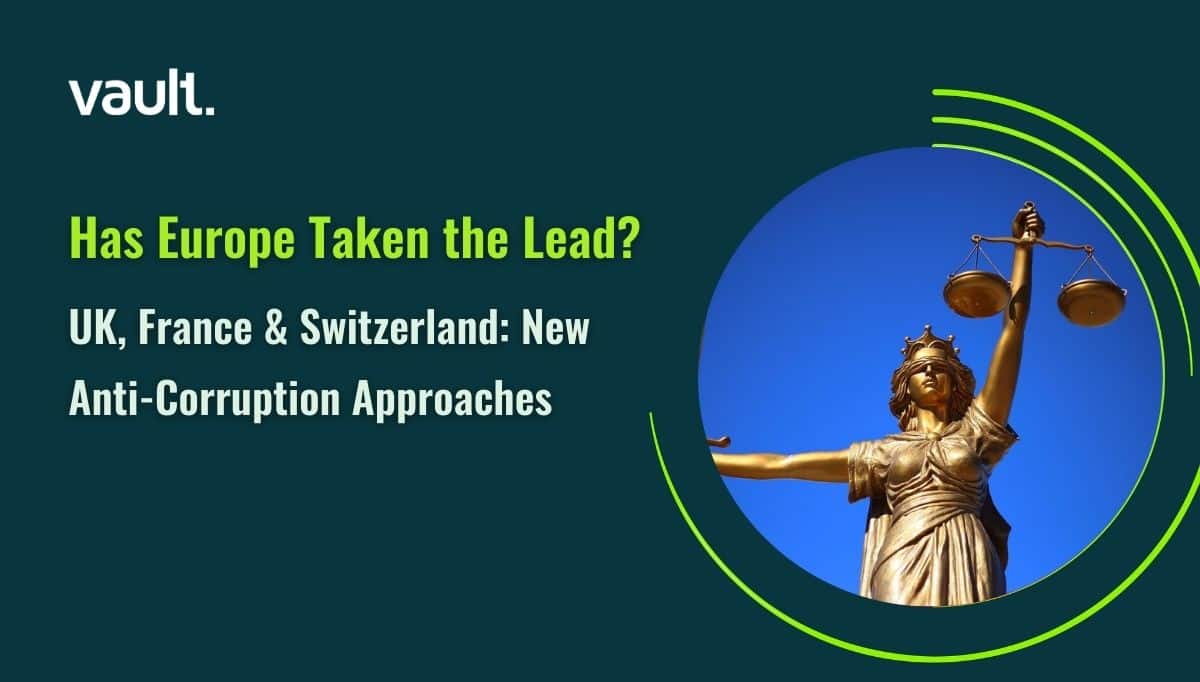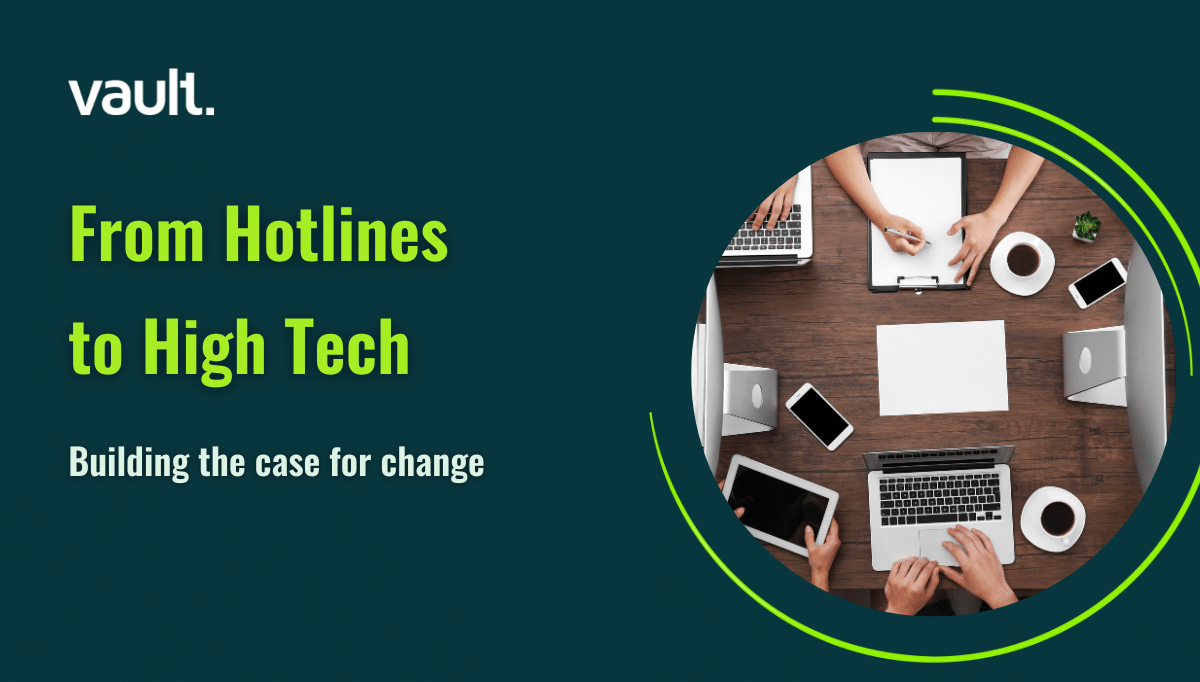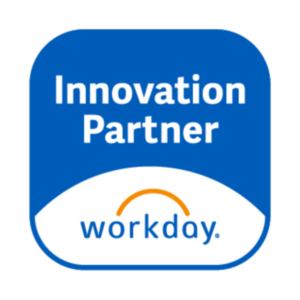While celebrity figures serve as champions of societal change, workers the world over are looking to their employers and CEOs for guidance and leadership. Regardless, there is still an acknowledged trust gap between employees and the organizations they work for.
According to the Hays Diversity & Inclusion Report 2018 this trust deficit is highest amongst traditionally underrepresented groups, with just 28% of BAME respondents, 26% who disclosed a disability, and a quarter of those treated differently at work due to their sexual orientation trusting their leaders to deliver on an agenda for change.
It’s become increasingly clear that people feel the chips are stacked against them because of institutionalized thinking. Over half (58%) of Hays survey respondents believe their leaders have a bias towards those who look, think or act like them. Furthermore, only 34% consider their leaders to be role models who challenge traditional viewpoints and established ways of working.
There is a global appetite for change
Against the backdrop of movements like #MeToo and Times Up, the global appetite for change suggests that the time has come to take a more expansive view of workplace integrity. This is more than anti-corruption and compliance, even more than transparency, it also extends to universal ethical principles, such as respect, fairness, and honesty.
Workplace integrity, as part of a healthy workplace culture, is doing what’s right in a professional and ethical context, treating others with respect and dealing fairly with those inside and outside the organization. It should be noted that this expectation of workplace integrity is also facing a higher bar with each successive generation of workers – Millennials expect the companies they work for to be more ethical than the Boomer generation.
According to the Global Business Ethics Survey (GBES) conducted in 2016, in organizations where workplace integrity is implemented and cultivated as the norm, leaders and employees at all levels know, care about and are committed to upholding professional, organizational and ethical standards and values.
Bad culture predicts bad behavior
This is not true where employees are vulnerable to violations of workplace integrity. Four key metrics provide an insight into the ethics environment by highlighting the risks that emerge from lapses of workplace integrity:
- Pressure to compromise organizational standards is an important warning sign of future workplace misconduct.
- Observed misconduct is the most fundamental indicator of the state of integrity in the workplace, and is based on whether or not employees follow the rules and live out core values.
- Reporting of observed misconduct alerts management about the need to address violations, versus silence that allows wrongdoing to continue and grow worse.
- Retaliation against reporters, such as silent treatment, verbal harassment, demotions, undesirable assignments or even violence erodes trust and often deters employees from reporting misconduct, which allows bad behavior to fester and spread.
From over 13,000 global respondents in the data set, 22% had experienced pressure to compromise on organizational standards; 33% had observed misconduct in the workplace; 59% of those had reported the misconduct; and 36% of those had experienced retaliation for doing so.
The GBES data shows that where the pressure to compromise standards is high, misconduct is also more common. Therefore, organizations that want to look forward with a view to predicting the possibility of future misconduct should look to whether employees feel pressured to compromise their integrity as this is a good indicator.




